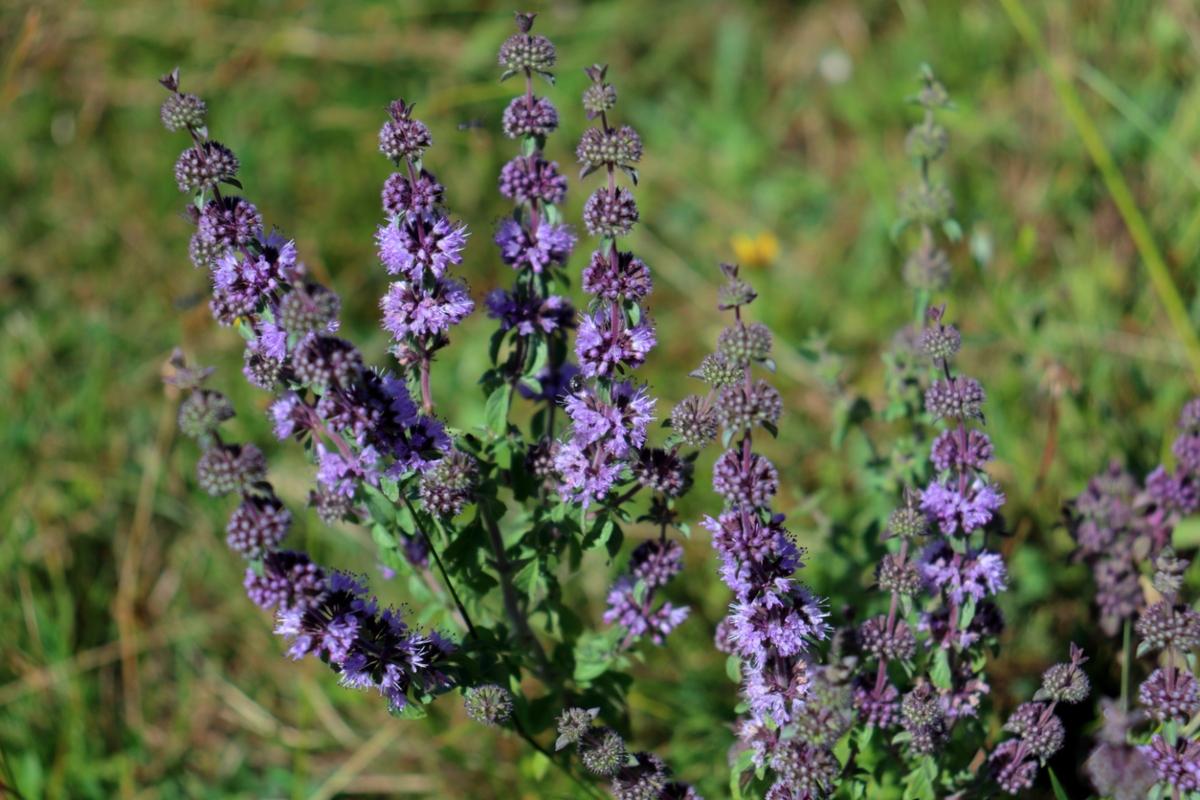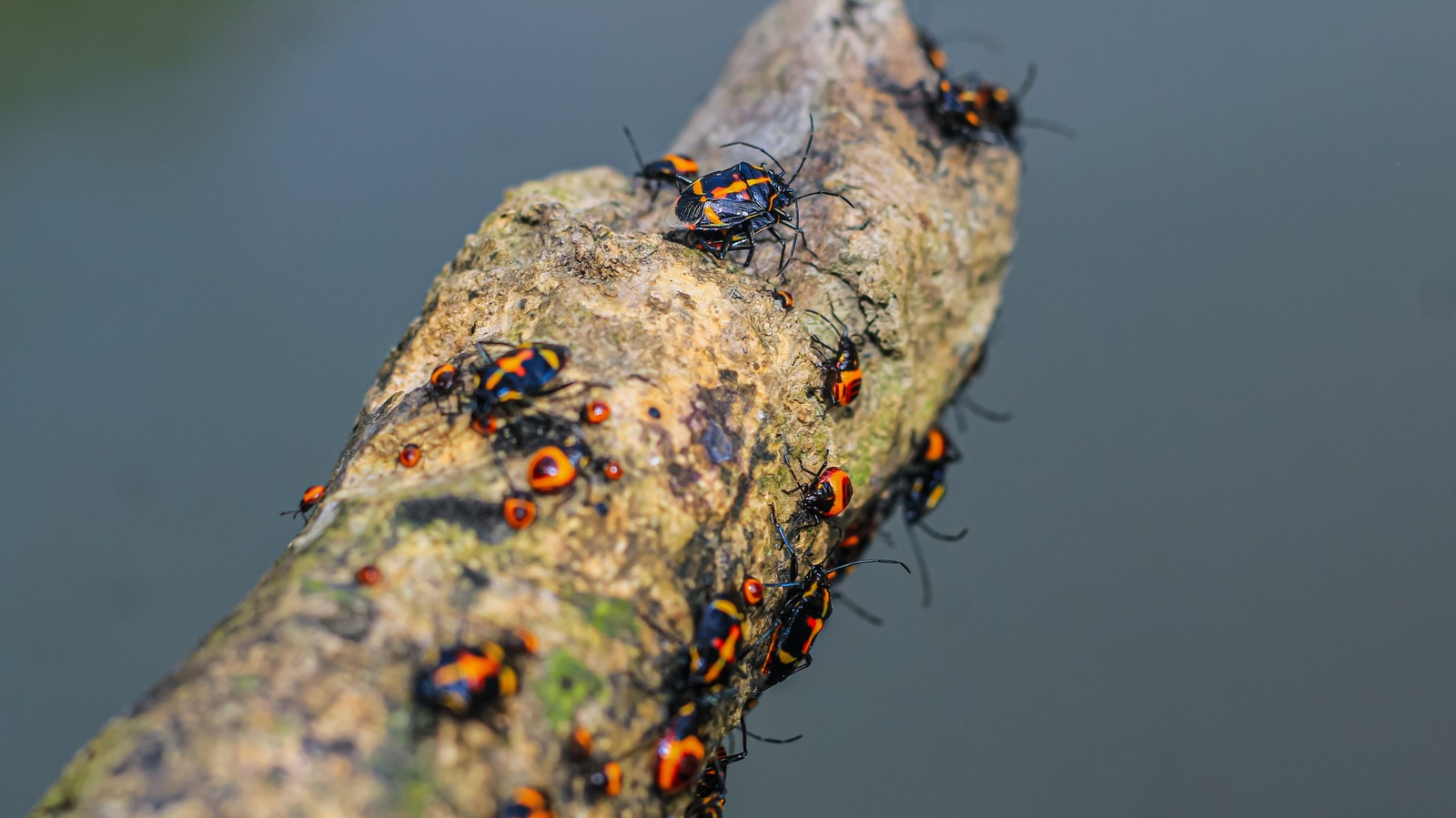Pigeons are often dismissed as nothing more than a nuisance, but their presence can lead to significant problems. They contaminate and bring down the appearance of homes, parks, and urban areas. This article will delve into how to repel pigeons effectively and maintain a clean and safe environment.
Understanding why pigeons are attracted to certain areas can help in developing effective strategies to keep them at bay. Whether you are dealing with minor disturbances or a major infestation, its essential to know the best methods available.

Why Pigeons Are a Problem?
Pigeons can cause extensive damage to property. Their droppings can corrode building materials and create unsightly marks on buildings. Moreover, they can transmit diseases that may endanger human health. Thus, knowing how to repel pigeons is crucial.
Pigeons are attracted to urban settings because of the abundance of food sources such as crumbs, seeds, and discarded food. Recognizing these **habitats** allows homeowners and business owners to take appropriate actions against them.

Identify the Problem: How Bad is your Pigeon Situation?
Before implementing solutions, assess the extent of the **pigeon problem** in your area. Are they roosting in large groups? Are their droppings accumulating?
- Check Active Areas: Look for rooftop nests or droppings.
- Monitor Feeding Grounds: Observe where they gather.
- Photograph Infestation: Document the problem for future reference.

Strategic Solutions for Repelling Pigeons
Once you understand the severity of the situation, you can deploy various techniques to deter pigeons.
1. Preventing Nesting and Roosting
To limit pigeon populations, its essential to discourage them from nesting. This can be done through:
- Netting: Use bird netting to block access to nesting spots.
- Spikes: Install bird spikes on ledges to prevent roosting.
- Fencing: Use physical barriers to make nesting less hospitable.
2. Creating a Less Attractive Environment
Pigeons thrive in areas with easy access to food and shelter. By altering their environment, you can make it less appealing:
- Reduce Food Supply: Secure trash bins and clean up leftovers promptly.
- Use Birdfeeders Wisely: If feeding birds, choose feeders designed for small birds - not pigeons.
- Clean Up: Remove any food sources, including pet food left outdoors.
3. Sound and Visual Deterrents
Utilizing sound or visual disturbances can effectively scare pigeons away:
- Wind Chimes: The sound of wind chimes can deter birds.
- Reflective Surfaces: Hanging aluminum foil or reflective tape can confuse and scare them.
- Scare Devices: Devices like pinwheels or plastic owls can prevent pigeons from settling down.
4. Natural Repellents
You can create natural pigeon repellents that are less harmful. Some effective options include:
- Natural Oils: Use peppermint or essential oils.
- Planting: Some plants can repel pigeons; for example, marigolds.
5. Professional Help
If your pigeon problem remains unresolved, consider reaching experts.
- Pest Control Services: They can provide additional strategies tailored to your situation.
- Building Inspections: Regular checks can prevent future infestations.

Maintaining Persistence
Keep in mind, methods may take time to show results. Continuous effort in monitoring and maintaining **cleanliness** is essential in keeping pigeons at bay. Regularly check for changes and adapt your strategies accordingly.
Frequently Asked Questions
Q1: What attracts pigeons to my home?
A: Pigeons are attracted to food sources, safe nesting spots, and shelter.
Q2: Can I use chemical repellents against pigeons?
A: While there are chemical options, it is often better to explore natural solutions first for safety.
Q3: Do visual deterrents really work?
A: Yes, visual deterrents can be effective in scaring pigeons away, though they may require maintenance.
As an Amazon Associate, I earn from qualifying purchases.
